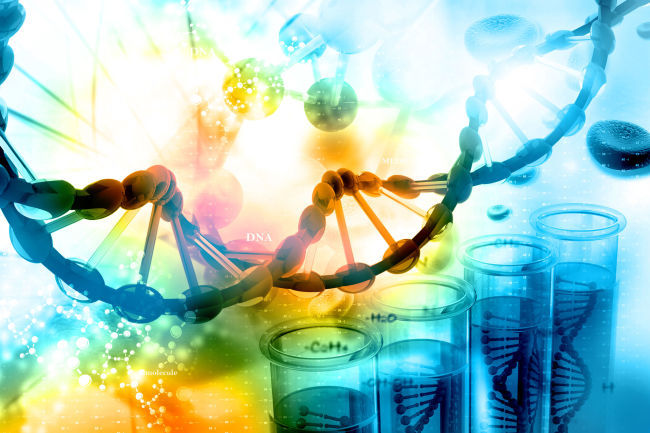South Korean biopharmaceutical companies want the government to come up with industry-specific accounting standards that take into consideration the nature of the R&D-driven new drug development process, according to survey results released Tuesday by the Korea Biotechnology Industry Organization.
Among 26 biotech companies of different revenue sizes surveyed by KoreaBio, 84 percent said that the government should establish clear accounting standards specific to biotech firms.
More specifically, 78 percent called for accounting guidelines concerning R&D cost calculations for different categories including biosimilars and novel drugs. There was also particularly strong support, 90.9 percent, for accounting standards that cater to new biologic drugs in development.
 |
(123RF) |
“The Korean biotech industry, which consists of diverse variables and exclusive characteristics, is now just beginning to grow,” KoreaBio Vice President Lee Seung-Gyu said in a statement.
“For the industry’s growth, Korea needs to consider adopting not a unilateral, but flexible accounting standard to account for the special nature of the biotech sector,” Lee said.
The industry’s demands come as local financial authorities have been challenging the accounting practices of Korea’s leading biotech businesses.
Last month, Korea’s Financial Supervisory Service began a special audit on 10 local pharma and biotech companies including Celltrion and Cha Biotech over the validity of categorizing their R&D spending -- often a large portion of it -- as “intangible assets.”
Biopharma firms in the process of new drug development have been calculating their R&D costs as intangible assets, on expectations that the new drug candidate will bring gains upon further development and eventual commercialization.
The financial authorities have taken issue with how some firms calculated a large part of their R&D costs as assets long before their drugs even began clinical trials, citing higher risk and uncertainty.
For such reasons, Cha Biotech, a leading Korean stem cell therapy developer, was ordered to amend its accounting practices, sending its profits into the red. As a result, the firm was recently designated as an “administrative issue,” sending shockwaves across the biotech industry and stock market.
According to the KoreaBio survey, companies gave differing responses over the point at which R&D costs could be calculated as “intangible assets.”
The “start of phase 1 clinical trials” and the “start of phase 3 trials” each received the highest support of 21.7 percent. The start of phase 2 trials came in second at 17.4 percent, followed by the end of phase 2 trials at 8.7 percent.
“After the drug’s regulatory approval” received 8.7 percent of support, while “the end of phase 3 trials” received 4.3 percent of support. “Other” opinions -- including applying flexible accounting standards to different firms -- received 17.4 percent of support.
According to KoreaBio, some biotech firms voiced concerns that they would face difficulties procuring investments if R&D spending is calculated as costs at the early stage of their new drug development cycle.
Others asserted that accounting standards should be applied differently to each country based on its business achievements and an objective review of its future prospects, according to the business body.
The 26 biotech companies surveyed by KoreaBio were evenly dispersed in terms of revenue, with their 2017 revenue ranging from “under 1 billion won” ($928,700) to “over 100 billion won,” the biotech business body said.
As for the proportion of R&D costs that are calculated as “intangible assets,” 36.4 percent answered “zero percent” while 27.3 percent said “under 30 percent.” Around 22.7 percent said “between 31 to 50 percent” and 13.7 percent said “between 51 to 100 percent.”
Small-sized firms with less than 300 employees were the majority at 69 percent, followed by midsized firms at 19.2 percent and large companies at 11.5 percent. By type, 61.5 percent were publicly-listed companies while the remaining 38.5 percent were unlisted companies.
In terms of R&D category, 29.7 percent were in new biologic drug development, 13.5 percent in biosimilars development and 10.8 percent in new chemical drug development. Another 29.7 percent were in the diagnostic medical devices and genome sequencing business.
By Sohn Ji-young (
jys@heraldcorp.com)








